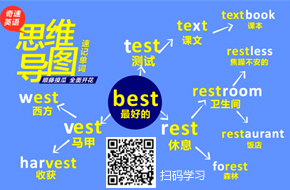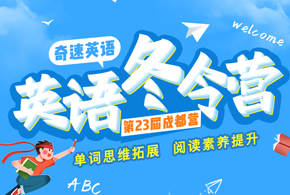Unit1. What’s the matter?
一、 人体部位单词
head 头 mouth 口 eye眼睛 ear 耳朵 nose 鼻子 hair 头发 throat喉咙 stomach胃
leg 腿 neck 颈
二、问答疾病或异常:
(1)—— What’s the matter?
——① I have a cold/fever/flu.
② I have a headache/toothache/stomachache.
③ I have a sore back/ throat/leg.
(2)What’s the matter?= What’s wrong? = What’s up?
What’s the matter with you? = What’s wrong with you?
→ What’s the matter with sb.? (with是介词) =What’s wrong with sb?
三、给他人提出建议
(1)you should+动原…… you shouldn’t+动原……
You can+动原…… you can’t +动原……
you must+动原…… you need to+动原……(你需要……) you have to+动原……(你必须)
You’d better+动原……(你最好……) you’d better not+动原…… (你最好不要……)
祈使句动原开头 Don’t +动原……
(2)It’s important (not)to +动原……
(3)If you…, you will…
 四、 反身代词
如:myself
四、 反身代词
如:myself; yourself; himself; herself; itself; ourselves; yourselves; themselves
常考短语:by oneself靠某人自己 teach onself 自学 enjoy oneself 玩的开心
五、健康话题常考句:
(1)I’m sorry to hear that. (听到他人坏消息)
(2)I hope you will feel better soon. (我希望你将尽快好起来。谈话快结束时对病人的祝愿)
(3)You should drink some more water / go to the doctor / lie down and rest.
(4)It’s important for us to keep healthy / do more exercise.
六、生病建议类短语
感冒: drink more water; take your temperature
骨折受伤出血: get an X-ray
疾病通用类:lie down and rest; see a doctor
七、本单元作文出题方向:描述生病情况或给病人提出建议。











